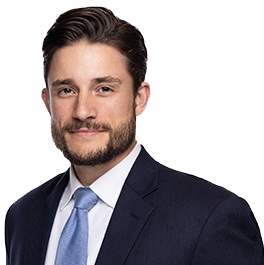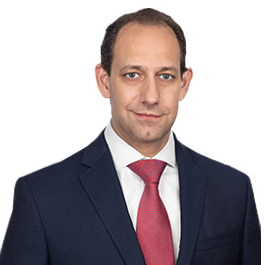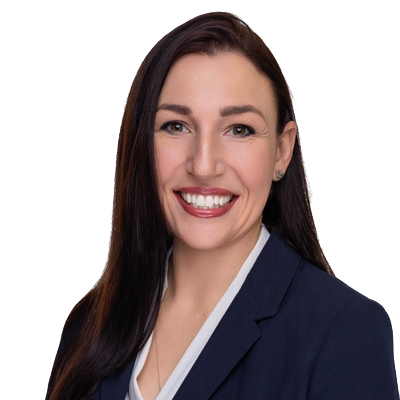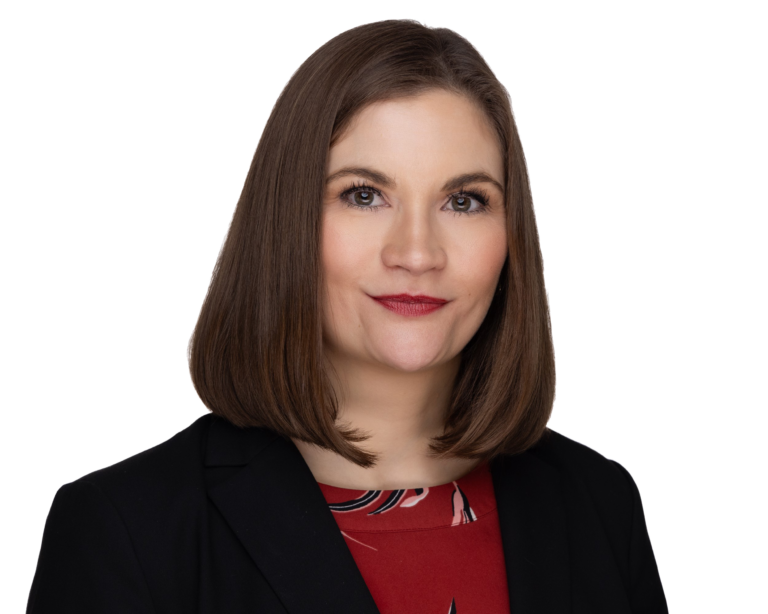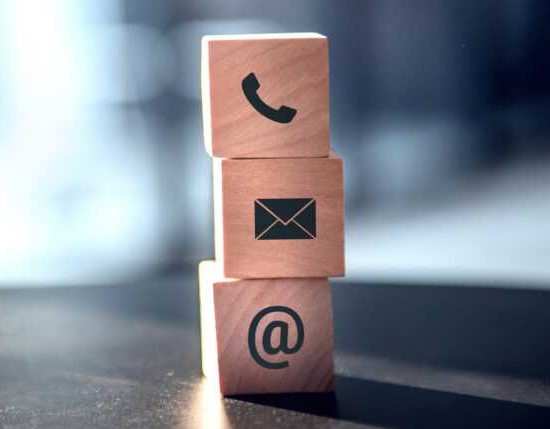Copyright Litigation and Prosecution
Pittsburgh, Pennsylvania Copyright Lawyers | Infringement | Litigation | Intellectual Property
What is a copyright?
Copyright Act of 1976, 17 U.S.C. §§ 101-1332
A copyright is a form of protection for original works of authorship fixed in a tangible medium of expression. The Copyright Act of 1976 protects original works of authorship including literary, dramatic, musical, and artistic works; copyright does not protect facts, ideas, systems, or methods of operation, although it may protect the way these things are expressed. Copyrights can be subject to infringement causing litigation involving injunctions, impounding of infringing articles and claims for financial damages and legal fees. Pittsburgh, Pennsylvania Copyright Lawyers | Infringement | Litigation | Intellectual Property
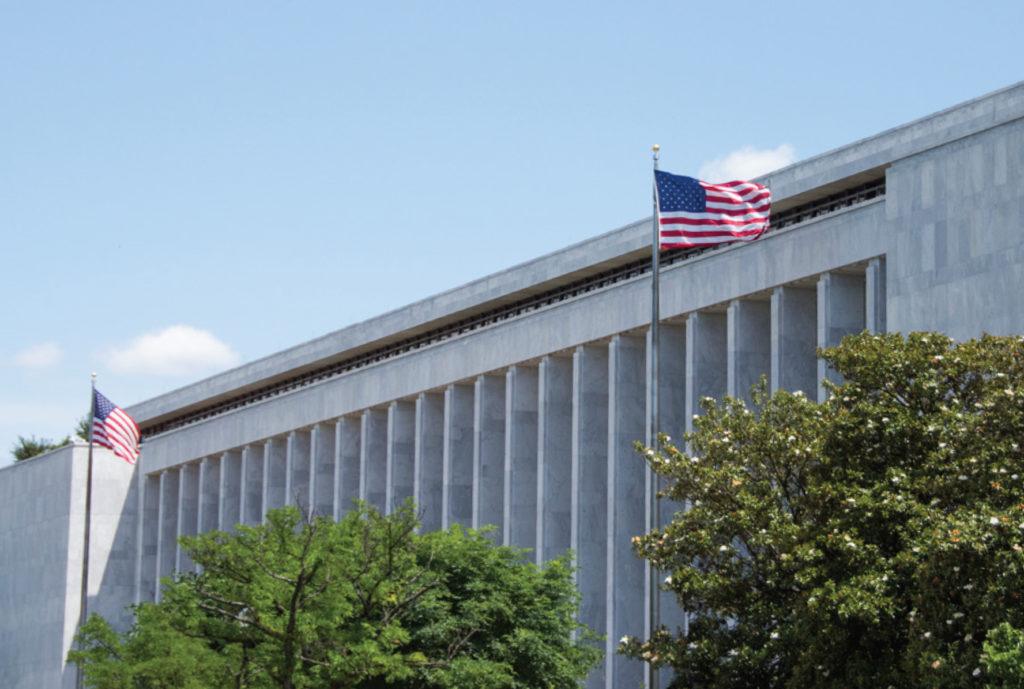
17 U.S.C. § 102. Subject matter of copyright: In general
(a) Copyright protection subsists, in accordance with this title, in original works of authorship fixed in any tangible medium of expression, now known or later developed, from which they can be perceived, reproduced, or otherwise communicated, either directly or with the aid of a machine or device. Works of authorship include the following categories:
(1) literary works;
(2) musical works, including any accompanying words;
(3) dramatic works, including any accompanying music;
(4) pantomimes and choreographic works;
(5) pictorial, graphic, and sculptural works;
(6) motion pictures and other audiovisual works;
(7) sound recordings; and
(8) architectural works.
(b) In no case does copyright protection for an original work of authorship extend to any idea, procedure, process, system, method of operation, concept, principle, or discovery, regardless of the form in which it is described, explained, illustrated, or embodied in such work.
Do Copyrights Need to be registered?
While copyright registration is not required in order for a work of authorship to be protected, we recommend that our clients register their original works for many reasons. Any written expression of an idea is theoretically protected by common law copyrights, which allow an owner to assert rights against others who try to copy. However, common law rights do not allow an owner to file suit against an infringer. Clients should therefore have a certificate of registration and have their copyright information on the public record with the US Copyright Offices. Also, a work must be registered in order for a client to be eligible for statutory damages and attorney’s fees in successful litigation. Furthermore, a registration is considered prima facie evidence in a court of law if the registration occurs within five years of publication. We assist our clients in this process by preparing and filing the required application, fee and copies of the work to be registered with the Copyright Office.
Copyright Infringement Litigation
In addition to registering copyrights for our clients, we also represent our clients in litigation matters involving copyrights. We have represented various clients as both plaintiffs and defendants in copyright infringement cases in federal court. We have also represented clients that were sued for copyright infringement involving computer software – algorithms. Computer code can be copyrighted, as can poems, novels, movies, jewelry and other expressions of ideas.
17 U.S.C. § 501. Infringement of Copyright
(a) Anyone who violates any of the exclusive rights of the copyright owner as provided by sections 106 through 122 or of the author as provided in section 106A(a), or who imports copies or phonorecords into the United States in violation of section 602, is an infringer of the copyright or right of the author, as the case may be. For purposes of this chapter (other than section 506), any reference to copyright shall be deemed to include the rights conferred by section 106A(a). As used in this subsection, the term “anyone” includes any State, any instrumentality of a State, and any officer or employee of a State or instrumentality of a State acting in his or her official capacity. Any State, and any such instrumentality, officer, or employee, shall be subject to the provisions of this title in the same manner and to the same extent as any nongovernmental entity.
(b) The legal or beneficial owner of an exclusive right under a copyright is entitled, subject to the requirements of section 411, to institute an action for any infringement of that particular right committed while he or she is the owner of it. The court may require such owner to serve written notice of the action with a copy of the complaint upon any person shown, by the records of the Copyright Office or otherwise, to have or claim an interest in the copyright, and shall require that such notice be served upon any person whose interest is likely to be affected by a decision in the case. The court may require the joinder, and shall permit the intervention, of any person having or claiming an interest in the copyright.
(c) For any secondary transmission by a cable system that embodies a performance or a display of a work which is actionable as an act of infringement under subsection (c) of section 111, a television broadcast station holding a copyright or other license to transmit or perform the same version of that work shall, for purposes of subsection (b) of this section, be treated as a legal or beneficial owner if such secondary transmission occurs within the local service area of that television station.
(d) For any secondary transmission by a cable system that is actionable as an act of infringement pursuant to section 111(c)(3), the following shall also have standing to sue: (i) the primary transmitter whose transmission has been altered by the cable system; and (ii) any broadcast station within whose local service area the secondary transmission occurs.
(e) With respect to any secondary transmission that is made by a satellite carrier of a performance or display of a work embodied in a primary transmission and is actionable as an act of infringement under section 119(a)(3), a network station holding a copyright or other license to transmit or perform the same version of that work shall, for purposes of subsection (b) of this section, be treated as a legal or beneficial owner if such secondary transmission occurs within the local service area of that station.
(f)(1) With respect to any secondary transmission that is made by a satellite carrier of a performance or display of a work embodied in a primary transmission and is actionable as an act of infringement under section 122, a television broadcast station holding a copyright or other license to transmit or perform the same version of that work shall, for purposes of subsection (b) of this section, be treated as a legal or beneficial owner if such secondary transmission occurs within the local market of that station.
(2) A television broadcast station may file a civil action against any satellite carrier that has refused to carry television broadcast signals, as required under section 122(a)(2), to enforce that television broadcast station’s rights under section 338(a) of the Communications Act of 1934.
Copyright Infringement Remedies – Injunctions, Impounding, Damages, Fees
17 U.S.C. § 502. Remedies for Infringement: Injunctions
(a) Any court having jurisdiction of a civil action arising under this title may, subject to the provisions of section 1498 of title 28, grant temporary and final injunctions on such terms as it may deem reasonable to prevent or restrain infringement of a copyright.
(b) Any such injunction may be served anywhere in the United States on the person enjoined; it shall be operative throughout the United States and shall be enforceable, by proceedings in contempt or otherwise, by any United States court having jurisdiction of that person. The clerk of the court granting the injunction shall, when requested by any other court in which enforcement of the injunction is sought, transmit promptly to the other court a certified copy of all the papers in the case on file in such clerk’s office.
17 U.S.C. § 503. Remedies for Infringement: Impounding and Disposition of Infringing Articles
(a)(1) At any time while an action under this title is pending, the court may order the impounding, on such terms as it may deem reasonable—
(A) of all copies or phonorecords claimed to have been made or used in violation of the exclusive right of the copyright owner;
(B) of all plates, molds, matrices, masters, tapes, film negatives, or other articles by means of which such copies or phonorecords may be reproduced; and
(C) of records documenting the manufacture, sale, or receipt of things involved in any such violation, provided that any records seized under this subparagraph shall be taken into the custody of the court.
(2) For impoundments of records ordered under paragraph (1)(C), the court shall enter an appropriate protective order with respect to discovery and use of any records or information that has been impounded. The protective order shall provide for appropriate procedures to ensure that confidential, private, proprietary, or privileged information contained in such records is not improperly disclosed or used.
(3) The relevant provisions of paragraphs (2) through (11) of section 34(d) of the Trademark Act (15 U.S.C. 1116(d)(2) through (11)) shall extend to any impoundment of records ordered under paragraph (1)(C) that is based upon an ex parte application, notwithstanding the provisions of rule 65 of the Federal Rules of Civil Procedure. Any references in paragraphs (2) through (11) of section 34(d) of the Trademark Act to section 32 of such Act shall be read as references to section 501 of this title, and references to use of a counterfeit mark in connection with the sale, offering for sale, or distribution of goods or services shall be read as references to infringement of a copyright.
(b) As part of a final judgment or decree, the court may order the destruction or other reasonable disposition of all copies or phonorecords found to have been made or used in violation of the copyright owner’s exclusive rights, and of all plates, molds, matrices, masters, tapes, film negatives, or other articles by means of which such copies or phonorecords may be reproduced.
17 U.S.C. § 504. Remedies for infringement: Damages and profits
(a) In General.—Except as otherwise provided by this title, an infringer of copyright is liable for either—
(1) the copyright owner’s actual damages and any additional profits of the infringer, as provided by subsection (b); or
(2) statutory damages, as provided by subsection (c).
(b) Actual Damages and Profits.—The copyright owner is entitled to recover the actual damages suffered by him or her as a result of the infringement, and any profits of the infringer that are attributable to the infringement and are not taken into account in computing the actual damages. In establishing the infringer’s profits, the copyright owner is required to present proof only of the infringer’s gross revenue, and the infringer is required to prove his or her deductible expenses and the elements of profit attributable to factors other than the copyrighted work.
(c) Statutory Damages.—
(1) Except as provided by clause (2) of this subsection, the copyright owner may elect, at any time before final judgment is rendered, to recover, instead of actual damages and profits, an award of statutory damages for all infringements involved in the action, with respect to any one work, for which any one infringer is liable individually, or for which any two or more infringers are li-able jointly and severally, in a sum of not less than $750 or more than $30,000 as the court considers just. For the purposes of this subsection, all the parts of a compilation or derivative work constitute one work.
(2) In a case where the copyright owner sustains the burden of proving, and the court finds, that infringement was committed willfully, the court in its discretion may increase the award of statutory damages to a sum of not more than $150,000. In a case where the infringer sustains the burden of proving, and the court finds, that such infringer was not aware and had no reason to believe that his or her acts constituted an infringement of copyright, the court in its discretion may reduce the award of statutory damages to a sum of not less than $200. The court shall remit statutory damages in any case where an infringer believed and had reasonable grounds for believing that his or her use of the copyrighted work was a fair use under section 107, if the infringer was: (i) an employee or agent of a nonprofit educational institution, library, or archives acting within the scope of his or her employment who, or such institution, library, or archives itself, which infringed by reproducing the work in copies or phonorecords; or (ii) a public broadcasting entity which or a person who, as a regular part of the nonprofit activities of a public broadcasting entity (as defined in section 118(f )) infringed by performing a published nondramatic literary work or by reproducing a transmission program embodying a performance of such a work.
(3) (A) In a case of infringement, it shall be a rebuttable presumption that the infringement was committed willfully for purposes of determining relief if the violator, or a person acting in concert with the violator, knowingly provided or knowingly caused to be provided materially false contact information to a domain name registrar, domain name registry, or other domain name registration authority in registering, maintaining, or renewing a domain name used in connection with the infringement.
(B) Nothing in this paragraph limits what may be considered willful infringement under this subsection.
(C) For purposes of this paragraph, the term “domain name” has the meaning given that term in section 45 of the Act entitled “An Act to provide for the registration and protection of trademarks used in commerce, to carry out the provisions of certain international conventions, and for other purposes” approved July 5, 1946 (commonly referred to as the “Trademark Act of 1946”; 15 U .S .C . 1127).
(d) Additional Damages in Certain Cases.—In any case in which the court finds that a defendant proprietor of an establishment who claims as a defense that its activities were exempt under section 110(5) did not have reasonable grounds to believe that its use of a copyrighted work was exempt under such section, the plaintiff shall be entitled to, in addition to any award of damages under this section, an additional award of two times the amount of the license fee that the proprietor of the establishment concerned should have paid the plaintiff for such use during the preceding period of up to 3 years.
17 U.S.C. § 505. Remedies for infringement: Costs and attorney’s fees
In any civil action under this title, the court in its discretion may allow the recovery of full costs by or against any party other than the United States or an officer thereof. Except as otherwise provided by this title, the court may also award a reasonable attorney’s fee to the prevailing party as part of the costs.
Contact Attorney Henry Sneath, chair of our Intellectual Property Group, at 412-288-4013. Our patent, copyright and trademark lawyers help clients navigate intellectual property including patents, trademarks and copyrights by providing them with the knowledge and information needed to make informed decisions.
Building Client Confidence®
Pittsburgh, Pennsylvania Copyright Lawyers | Infringement | Litigation | Intellectual Property
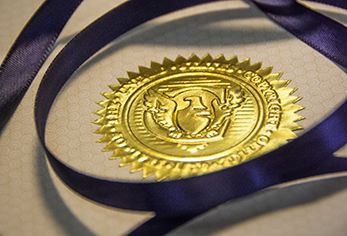
Representative IP Engagements
- Advising a small business client regarding copyright and trademark rights and defending his business against attempts to invalidate those rights.
- Representation of battery testing manufacturer in litigation and on appeal.
- Representation of a commercial lighting manufacturer in litigating patent infringement claims.
- Representation of medical and pharmaceutical products manufacturers in patent, unfair competition and false advertising matters.
- The representation of a metals manufacturer in a trademark dispute.
- Defending a natural gas exploration company against a patent invalidation lawsuit and prosecuting a counterclaim for patent infringement.
- The representation of minority members of a green technology limited liability company in a shareholders’ derivative action against the majority member for violations of RICO, fraud, and breach of fiduciary duty.
- The representation of a Fortune 500 telecommunications company against a foreign manufacturer for misappropriation of trade secrets and breach of contract.
- Representation of a telecommunications company in federal litigation brought under Federal Trademark Dilution Act and Digital Millennium Copyright Act by a designer and manufacturer of networked communications systems and related software.
- Representation of a Dutch corporation which owned the exclusive rights and license to the “total image” of one of the world’s foremost tennis superstars in action against defendant corporation for breach of endorsement contracts.
- Advising a franchise business regarding the need for specialty intellectual property insurance coverage and reviewing several competing proposed insurance policies.
- Providing opinions and opinion letters to individuals and companies on patent, trademark and copyrights, risks and liabilities.
- Representing employers and employees in disputes over intellectual property licensing, royalties and ownership.
- Defending Fortune 500 and mid-sized companies against claims of patent infringement.
Pittsburgh, Pennsylvania Copyright Lawyers | Infringement | Litigation | Intellectual Property

